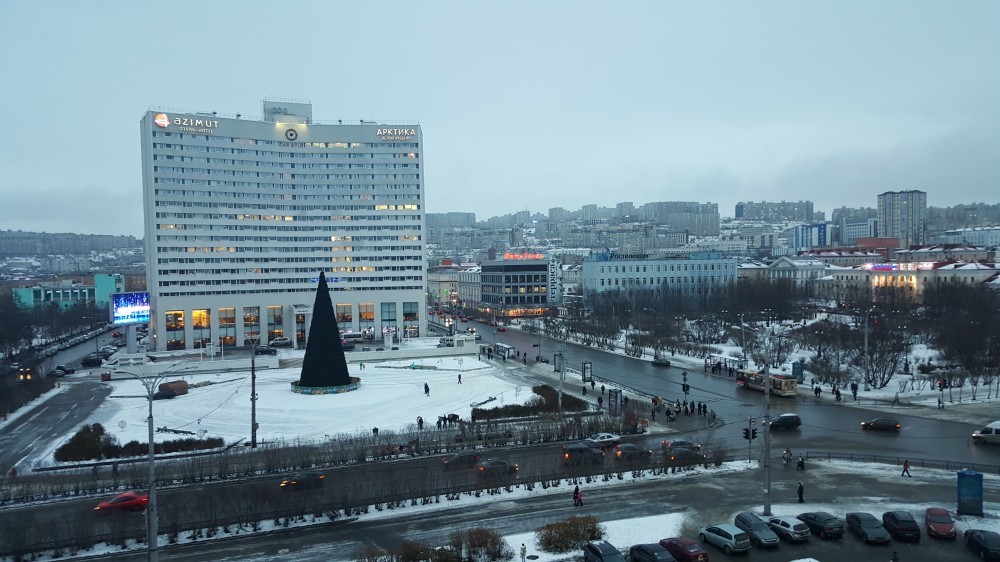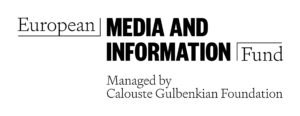Murmansk terminates sister city relations with Akureyri
The largest city in the Russian Arctic has already lost sister city ties with several other Nordic Arctic cities.

The Council of Deputies in Murmansk on Thursday unanimously voted to terminate the sister city agreement with Akureyri, Iceland’s second-largest city, Interfax reports.
The agreement, in place since 1994, is called off as a reciprocal measure, according to the vote.
Akureyri in November debated its relations with Murmansk and issued a statement condemning Russia’s invasion of Ukraine. The town council proposed to end the friendship agreement, newspaper Vikubladid reported.
The response from Murmansk came quick.
Akureyri is not the first Arctic city to distance itself from Murmansk after Russia’s invasion of Ukraine.
Rovaniemi in northern Finland terminated its twin city status with Murmansk a short week after Russian troops attacked on February 24.
In the same decision, Rovaniemi city council decided to donate €10 to Ukraine for each citizen, in total €70,000.
In September, Luleå in northern Sweden put an end to relations with Murmansk and in October, Norway’s largest city above the Arctic Circle, Tromsø, ended its 1972 agreement with Murmansk.
Tromsø Mayor, Gunnar Wilhelmsen, had one last message to Murmansk: “Stop this war!”
In the circumpolar north, Norway’s small town of Vadsø is now the only sister city to Murmansk.
This article has been fact-checked by Arctic Today and Polar Research and Policy Initiative, with the support of the EMIF managed by the Calouste Gulbenkian Foundation.
Disclaimer: The sole responsibility for any content supported by the European Media and Information Fund lies with the author(s) and it may not necessarily reflect the positions of the EMIF and the Fund Partners, the Calouste Gulbenkian Foundation and the European University Institute.
